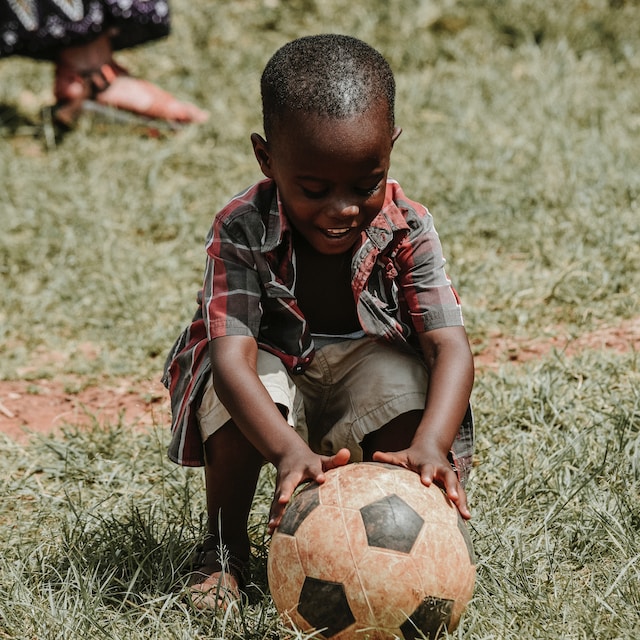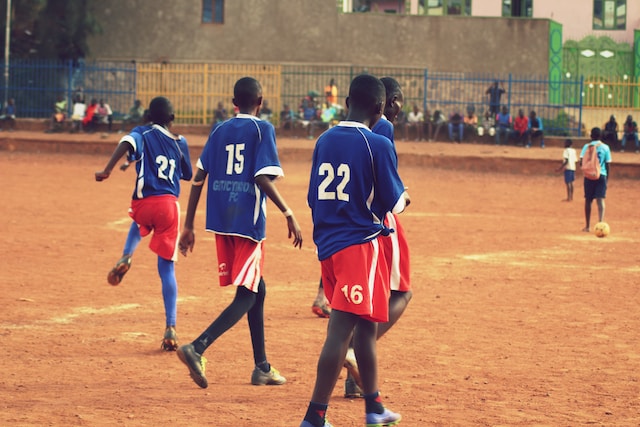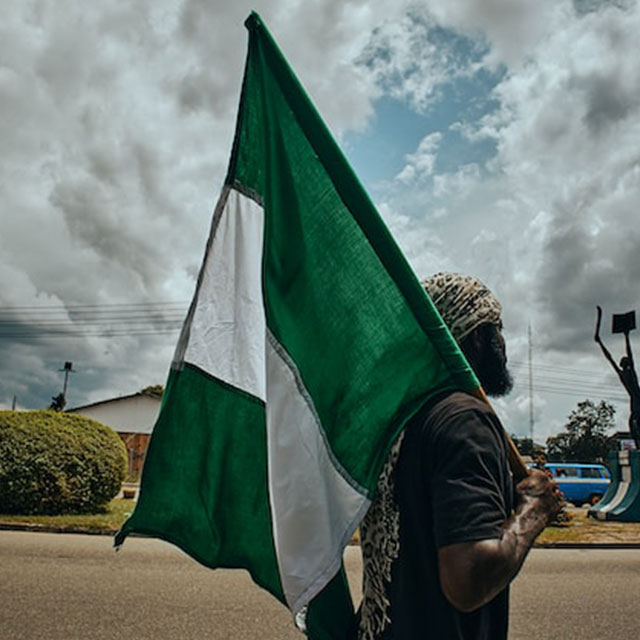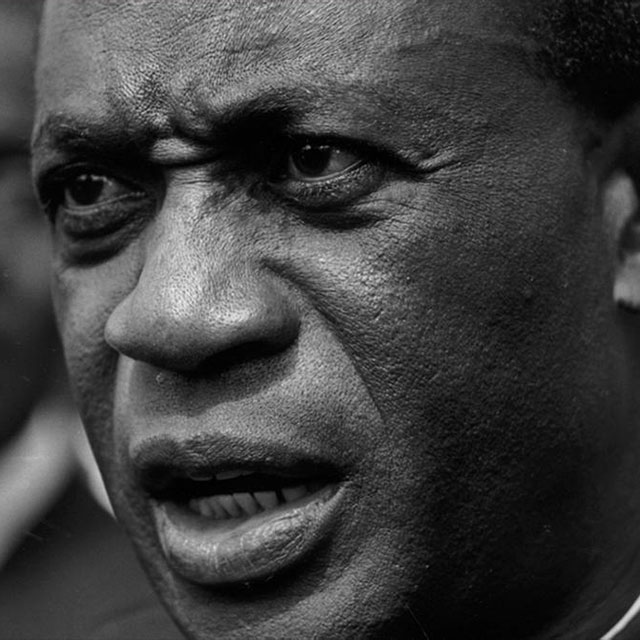The African Football Dilemma: Exploring the Barriers to Success at the World Cup and the Path Forward

With over ten years of experience co-developing multi-sector innovation strategies…
The African Football Dilemma: Exploring the Barriers to Success at the World Cup and the Path Forward
The African Football Dilemma: Exploring the Barriers to Success at the World Cup and the Path Forward
The African Football Dilemma: Exploring the Barriers to Success at the World Cup and the Path Forward
The African Football Dilemma: Exploring the Barriers to Success at the World Cup and the Path Forward
The FIFA World Cup is the biggest stage in international football, and every four years, the world watches as the best teams from around the globe compete for the coveted trophy. While Africa has produced some talented football players over the years, African teams have struggled to make a mark on the World Cup. In this article, we will explore some of the reasons why African teams don’t perform well at the World Cup, and examine some of the factors that may contribute to this trend.
Lack of Infrastructure
One of the main reasons why African teams struggle at the World Cup is the lack of infrastructure and investment in football development in many African countries. Many African nations lack the resources and facilities to support a strong football program, which can make it difficult for their teams to compete at the highest level. In addition, the lack of investment in youth development can limit the pool of talented players available to African teams.
Inadequate Coaching
Another factor that may contribute to the struggles of African teams at the World Cup is inadequate coaching. Many African teams are coached by local coaches who may not have the same level of experience and training as coaches from other countries. This can make it difficult for African teams to develop and execute effective game plans, and can limit their ability to compete with the best teams in the world.
Limited Access to Resources
African teams also often face limited access to resources such as training facilities, state-of-the-art equipment, and sports science support. These resources can be essential for helping players to reach their full potential and can give teams a competitive advantage. Without access to these resources, African teams may struggle to keep up with the more well-funded and well-equipped teams from other countries.
Lack of Exposure
African teams may also struggle at the World Cup due to a lack of exposure to high-level competition. Many African countries do not have strong domestic leagues, which can limit the opportunities for their players to compete at a high level on a regular basis. In addition, African teams may not have as many opportunities to play friendly matches against other strong international teams, which can limit their exposure to different styles of play and can make it difficult to prepare for the World Cup
In Conclusion
The lack of infrastructure and investment in football development, inadequate coaching, limited access to resources, and lack of exposure to high-level competition are some of the factors that may contribute to the struggles of African teams at the World Cup. To improve their performance at the World Cup, African nations must invest in their football programs, develop top-tier coaches, provide access to necessary resources, and seek out opportunities to play against strong international competition. By addressing these factors, African teams can become more competitive and achieve greater success at the FIFA World Cup.
Eclectic and evocative soundtrack
Rhythm gameplay
Tough challenge
Woefully out of place
Pacing slows
Exploration sequences feel drawn out
What's Your Reaction?
With over ten years of experience co-developing multi-sector innovation strategies and shaping policy with global institutions. My research and work focus on value and transform systems across education, design, life science, and manufacturing industries.







